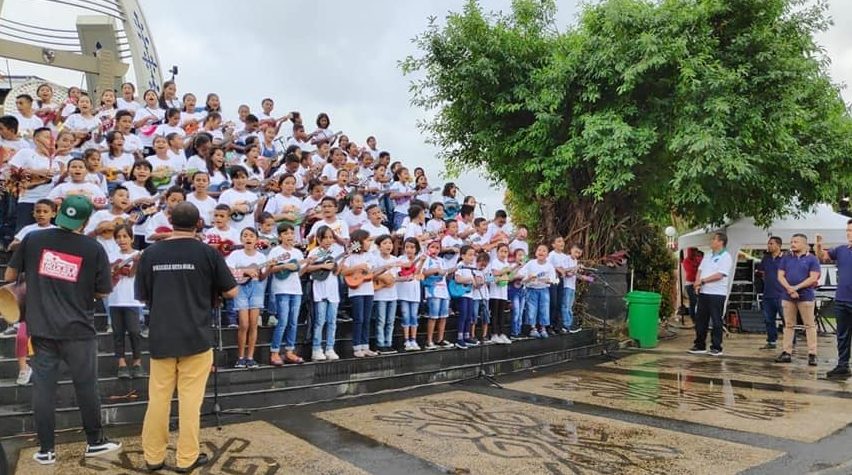The Eastern Indonesian city of Ambon in Maluku province has been designated as one of UNESCO’s new creative cities for excellence in music, making it the third city in the country to have received the accolade.
UNESCO director-general Audrey Azoulay, who announced 66 new creative cities yesterday, said these cities are recognized for their sustainable development actions that directly benefits their respective urban communities.
“All over the world, these cities, each in its way, make culture the pillar, not an accessory, of their strategy,” Azoulay said, as quoted in a statement.
“This favors political and social innovation and is particularly important for the young generations.”
The so-called creative cities are divided into seven categories — gastronomy, literature, film, music, crafts and folk art, media arts and design.
In Southeast Asia, only four cities got the nod from UNESCO for this cycle: Ambon, Thailand’s Bangkok (for design) and Sukhothai (for crafts and folk art), and Cebu City (for design) in the Philippines.
The recognition for music excellence in Ambon is well-earned, considering how a number of prominent Indonesian musicians have hailed from the city. This includes ’80s singer Harvey Malaihollo and, more recently, Gamaliel and Audrey Tapiheru from musical group GAC.
In 2011, the city launched an official campaign to be recognized as a “city of music,” which also features an official song titled, “We Are Musicians.”
The 66 new cities are joining the Creative Cities Network, which now comprise of 246 cities. The network includes two other Indonesian cities – Bandung in West Java and Pekalongan in Central Java, which are recognized for design and crafts and folk art, respectively.
Launched in 2004, UNESCO Creative Cities Network sought to identify cities where creativity is a “strategic factor for sustainable urban development,” according to the organization.





Reader Interactions